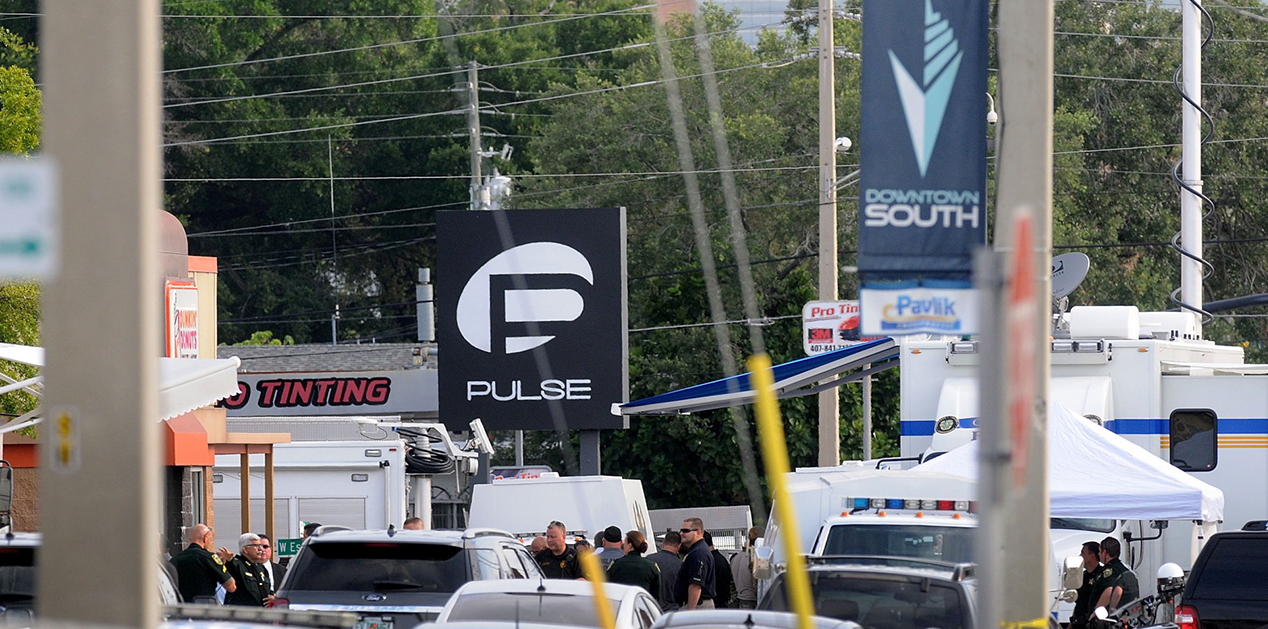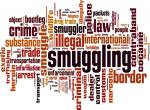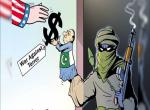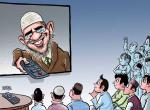The brutal attack on a gay nightclub—Pulse—in Orlando in the early hour of 12 June shocked not only the United States (US) but also the international community which is grappling with the rising phenomenon of lone wolf attacks. This is the latest incident in a gradually rising frequency of jihadist-inspired attacks in the West. For a country like the US, which is often seen as the vanguard of peace, stability, democracy and freedom of expression, the attack has evoked several questions as to how far some of its citizens preserve divergent values. Keeping this societal aspect aside, what has triggered a major concern is the growing instance of extremism within a few sections of the society in the country. The massacre by Omar Mateen, taking 50 lives, has happened at this juncture when terrorism has come in different forms, including this act, which is widely known as “lone wolves” attacks. Although this is not the first time such an incident has occurred in the US, this gory attack is certainly a grim warning to the world.
While Mateen’s direct association with the Islamic State of Iraq and Syria (ISIS) or Daesh may require further investigation, this ghastly incident once again raises a debate over the tactics or strategies adopted by the outfit. Given the modus operandi of the attack, it has to be construed as an act by a self-motivated or a lone-wolf for reasons yet to be ascertained. In this case, homophobia may have been one of the triggering factors which led to this horrifying act.
The only linkage with Daesh that was established was probably due to his last-minute call to the emergency number 911 expressing his allegiance to the terror outfit. Both the variables—homosexuality and lone wolf—are two opposites which Daesh has come to oppose and support, respectively. By this, the intention is not to draw a direct link between the incident and Daesh but how both of them are going in favour of this terror outfit which is constantly calling its fighters, supporters and sympathisers to scale up attacks against the Westerners, Jews, Christians, Shias, “non-believers” and “perverts” (as perceived by them). Considering what the Daesh stands for in terms of its ideology and strategy, Orlando-like incident only reinforced its ambition to create fear, terror and chaos wherever its influence has spread. If one is still toying with the idea of the magnitude of damage a lone and self-radicalised/motivated actor can cause, Mateen presents a very suitable example. Further, regardless of whether any attack is Daesh-inspired or Daesh-directed, it is a form of terrorism, which is increasingly getting difficult to tackle.
Since past one year, terrorist attacks, particularly in the US and Europe have borne the hallmarks of either having been directed or inspired by Daesh. In most of the cases, Daesh-inspired attacks lack the vigour or are “amateurish” as compared to those which are controlled by the outfit as was the case in Paris and Brussels. The involvement of several returnees from Europe, after receiving training in Syria, facilitated such well-planned attacks in both these cities. The blame on the intelligence and security establishments, however, in Europe holds water as they failed to prevent such incidents which were the handiwork of a well-coordinated network of extremely radicalised elements with access to required logistics such as finance and weapons. Even some of the people who were involved in the Paris-attack were linked to the Brussels carnage four months later. Substantial support that they received from the locals in Europe as well as from Syria enabled them to carry out highly destructive attacks. While the activities of lone wolves were earlier considered less lethal, they are now becoming a credible and serious threat which cannot be ignored.
The Pulse incident clearly exhibited the scale of damages that can be caused by person like Mateen with easy access to sophisticated weapons which are available in the open market in the US. More than those people who work in coordinated groups, activities of this sort by lone actor are becoming highly dangerous. A deadly combination of both personal and socio-political grievances has resulted into an Orlando-like massacre. Going by the developing trend, their targets have gradually shifted from military-security personnel/establishments to civilians in crowded and popular venues such as nightclubs, discotheques, stadiums, resorts, etc. The ability to strike on these places, with comparative impunity, has raised their profile in terrorist fraternity. Moreover, as lone wolves are not easily identifiable, their desire to stay aloof from the mainstream society gives them invisibility which, in turn, becomes a major challenge for the law enforcement and intelligence agencies to pre-empt and foil such attempts.
Notwithstanding the retreat of Daesh in Syria, Iraq and Libya due to the ongoing military operations, the outfit has already managed to influence a large number of individuals and terror groups globally. It not only recruited fighters but also drew numerous sympathisers and supporters just by propagating its pernicious ideology through online and offline means. At this juncture, this terror outfit will try to “focus more broadly in shaping its ideological battle, and will use terrorism wherever and whenever it can, including increased calls for ‘lone wolf’ attacks perpetuated by sympathisers living in Western countries.” Therefore, even if this particular attack, so far, does not lead to a direct involvement of Daesh, the mere “allegiance” pledged by Mateen would be symbolic for the outfit when it is losing ground in the epicentres-Syria and Iraq.
An attack of this intensity should be a wake up call for all the countries, including India, which are combating terrorism. Unfortunately, there is no viable strategy to prevent such unpredictable incidents. While neither exaggerating nor undermining their capabilities, one should be cognisant of the fact that such lone wolf attacks will continue, and as a result, a process to construct a framework to counter this menace should be created. This effort should not only be the task of political leaders and security establishments but also of the entire community, irrespective of region, religion ethnicity and ideology. An in-depth analysis over the varied factors which causes such violent tendency, mainly inspired by extremist ideology, requires to be carried out. It is, therefore, imperative to establish a counter-narrative as well as counter-measures, which, otherwise, is woefully lacking at the moment.
Published Date: 22nd June 2016, Image Source: http://www.gettyimages.in
(Disclaimer: The views and opinions expressed in this article are those of the author and do not necessarily reflect the official policy or position of the Vivekananda International Foundation)











Post new comment